OUR WORK AND CORONAVIRUS
For 20 years, we have helped people build emergency shelter.
Now, as coronavirus continues to spread, we need to act fast and use our experience and expertise in new ways.
We know that emergency shelter can help to slow the spread of coronavirus in overcrowded camps and settlements.
That’s why we’re providing emergency shelter to help families protect themselves from coronavirus. By providing ShelterBox tents and the right materials and training to help people build shelter or reorganise temporary settlements, we can help families find more space so that they are able to physically distance to prevent the spread of the virus.
On top of this, our household items like cooking sets, blankets and water filters are helping families reduce sharing and stay as healthy as possible.
DISASTERS DON’T STOP
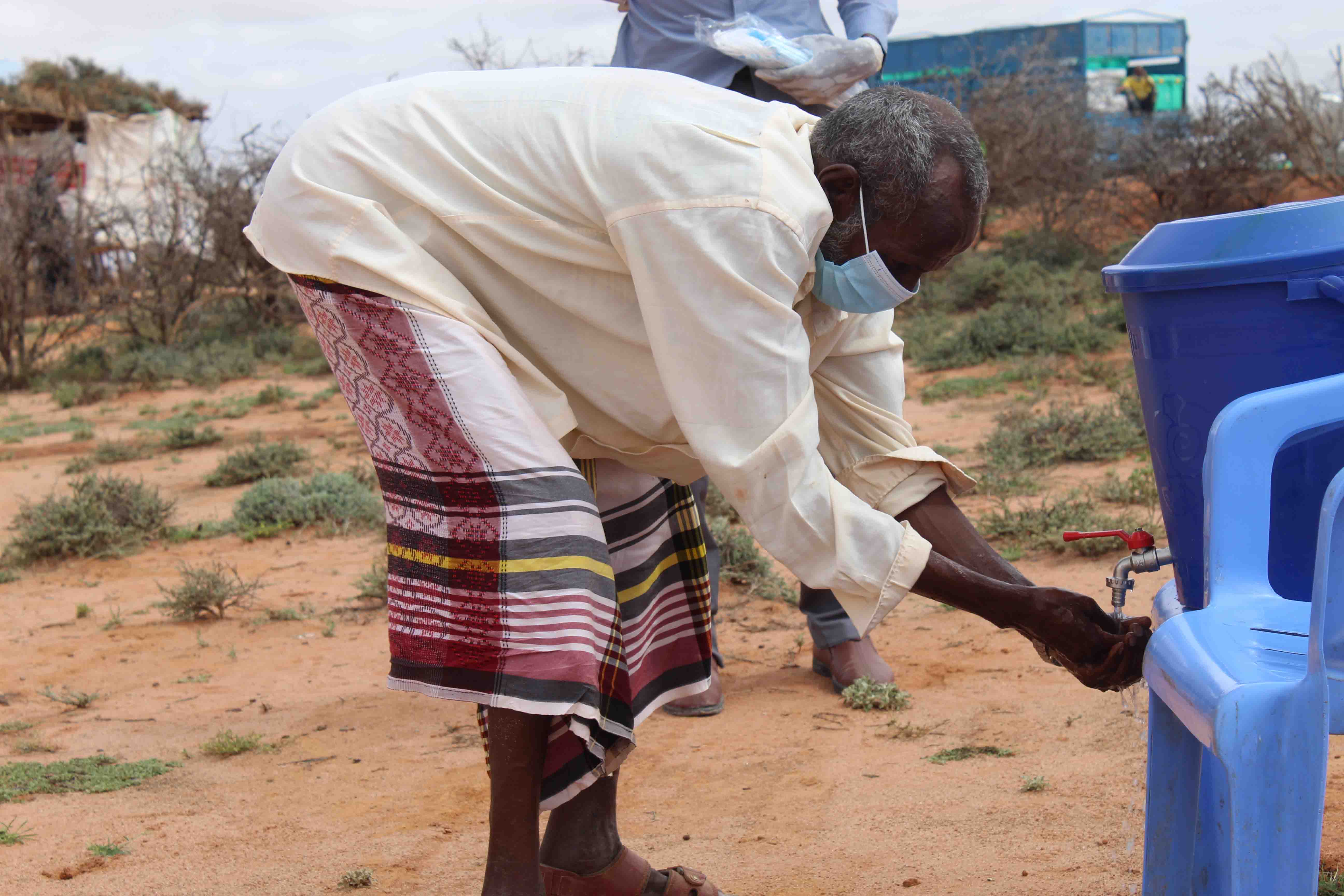
The coronavirus pandemic has made our work more urgent than ever.
Despite the challenges, we are committed to reaching vulnerable disaster-hit families, who now face this new and deadly threat.
Hurricanes and cyclones, conflicts and earthquakes – disasters will continue to hit. We’ll keep working to provide emergency shelter, help slow the spread of coronavirus and save lives.
Global travel restrictions are making it tougher for us to support communities around the world. But our links with local partners, combined with our storage of shelter materials and tools in locations globally, means we are still able to get shelter to the families who need it most.
And we’re doing everything we can to make sure that happens.
WHERE WE'RE WORKING
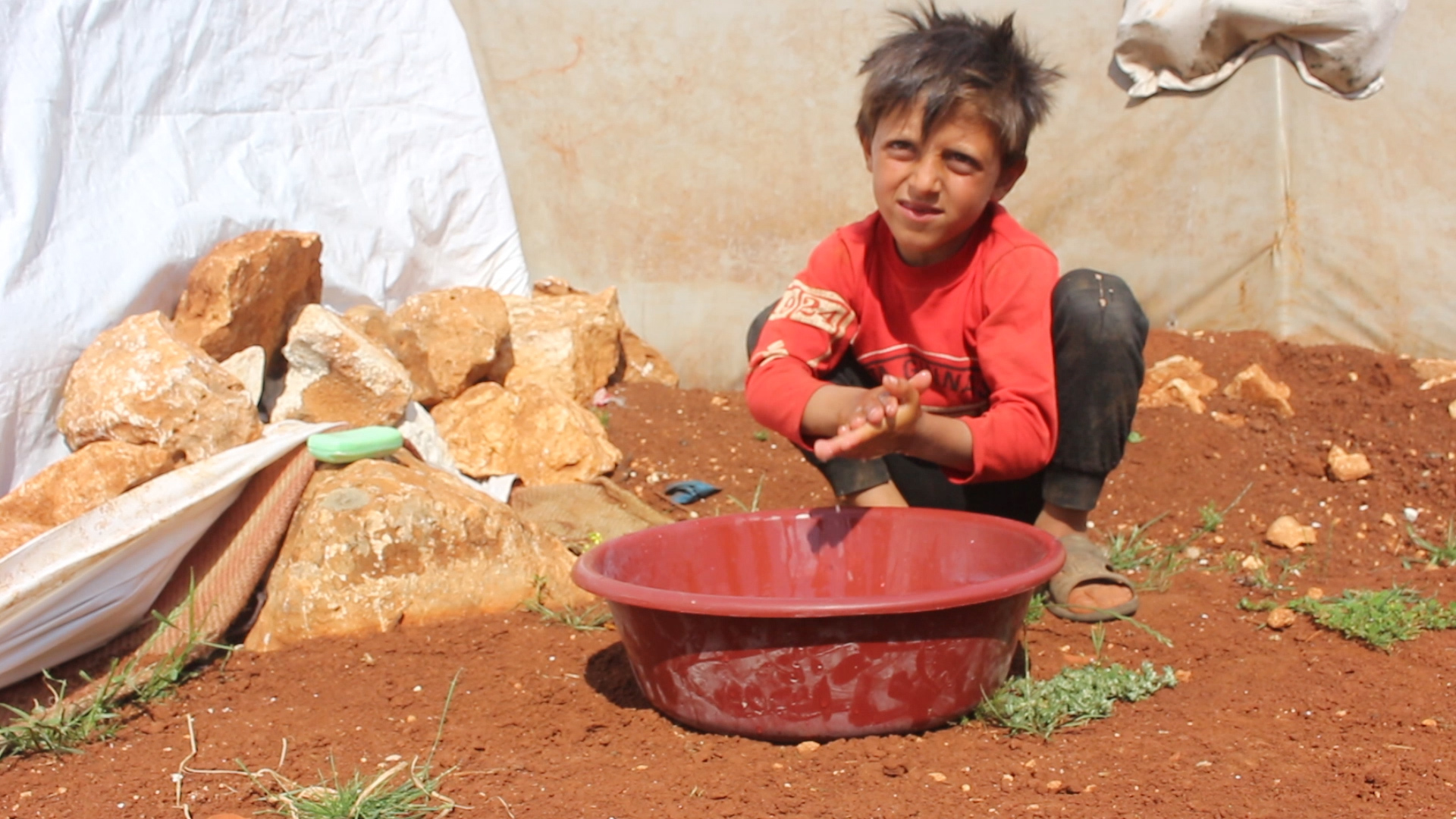
SYRIA
We’ve been working in Syria since 2012. Across the region, we’ve helped over a quarter of a million people who have been severely affected by the ongoing conflict.
Together with our trusted partner ReliefAid, we have been providing families in Idlib with tarpaulins and rope to reinforce their tents, helping people to keep a distance from each other. Mattresses, carpets, thermal blankets and kitchen sets can help to keep families to stay warm and prepare meals. We’ve also provided washbasins and soap – helping families stay as healthy as possible.
Essential aid distributions are now complete for our latest project in Idlib.
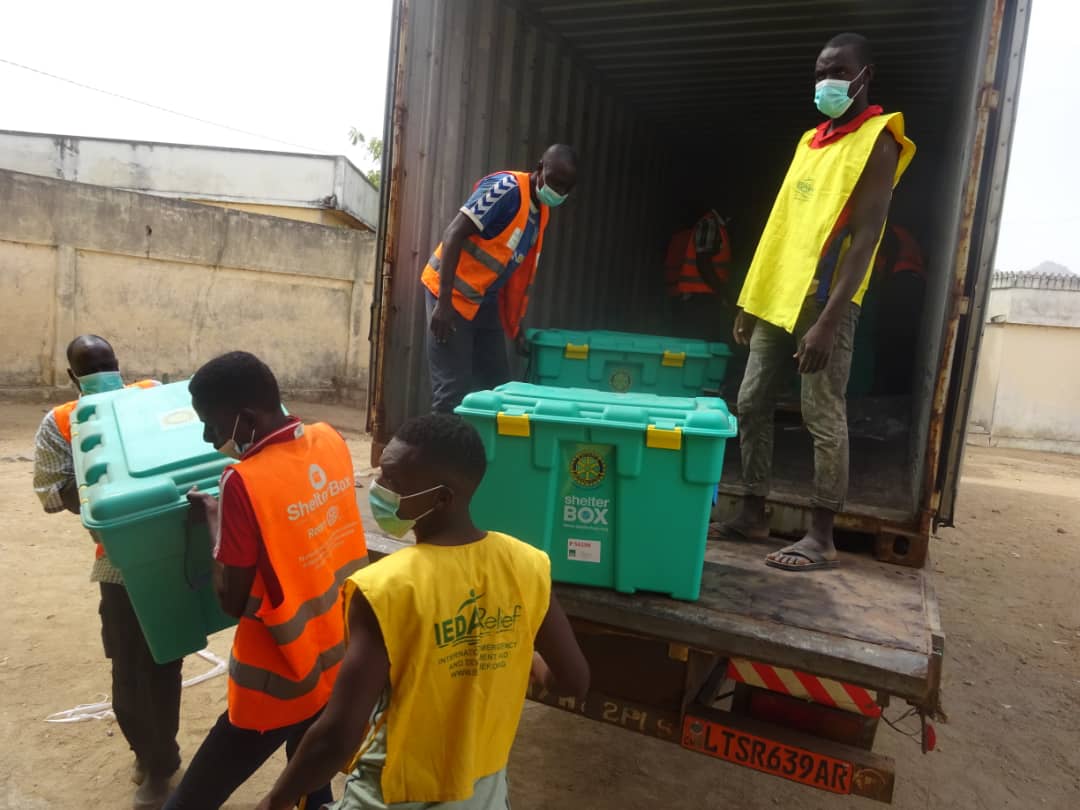
CAMEROON
To date, we’ve provided shelter and essential aid to over 13,000 families in Cameroon who have been forced from their homes due to Boko Haram violence, climatic changes or economic pressures.
Aid distributions for our latest project are now complete, with the support of our partner IEDA Relief. We have provided tents, household items, shelter kits, tarpaulins and rope, and additional aid items to families who are affected by conflict and are under the threat of coronavirus.
Due to the virus, we’ve been working closely with our partner IEDA Relief to ensure the safety of affected communities and staff in our work. The use of face masks, gloves and hand sanitiser was in place, to ensure the team and the families we’ve been supporting remain safe.
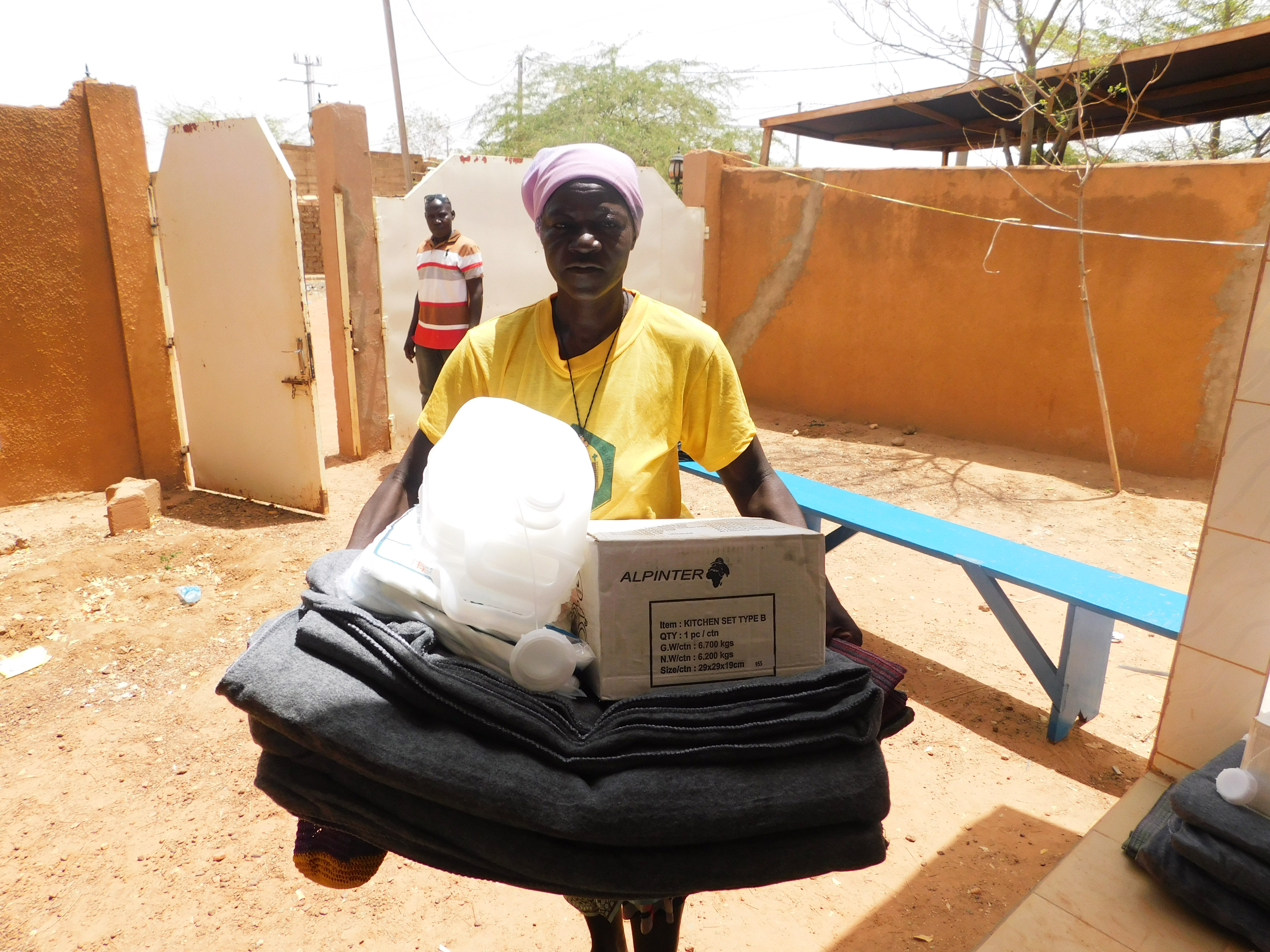
BURKINA FASO
In Burkina Faso, almost 1 million people have been forced to flee their homes due to extremist violence.
The insecurity and instability make it difficult for aid workers to reach some of the people in need, and coronavirus is making the situation even worse.
Despite the many challenges for humanitarian organisations, we are working with our new partner Help to support vulnerable communities.
Distributions of aid are now complete. We have provided tarpaulins, kitchen sets, water carriers, sleeping mats, high thermal blankets, mosquito nets and solar lights, to families who need it the most.
Our partner Help adopted mitigation measures, which included the use of antibacterial gel, masks, gloves and physical distancing. Help have also used the aid distributions to provide more information about coronavirus to rural communities.
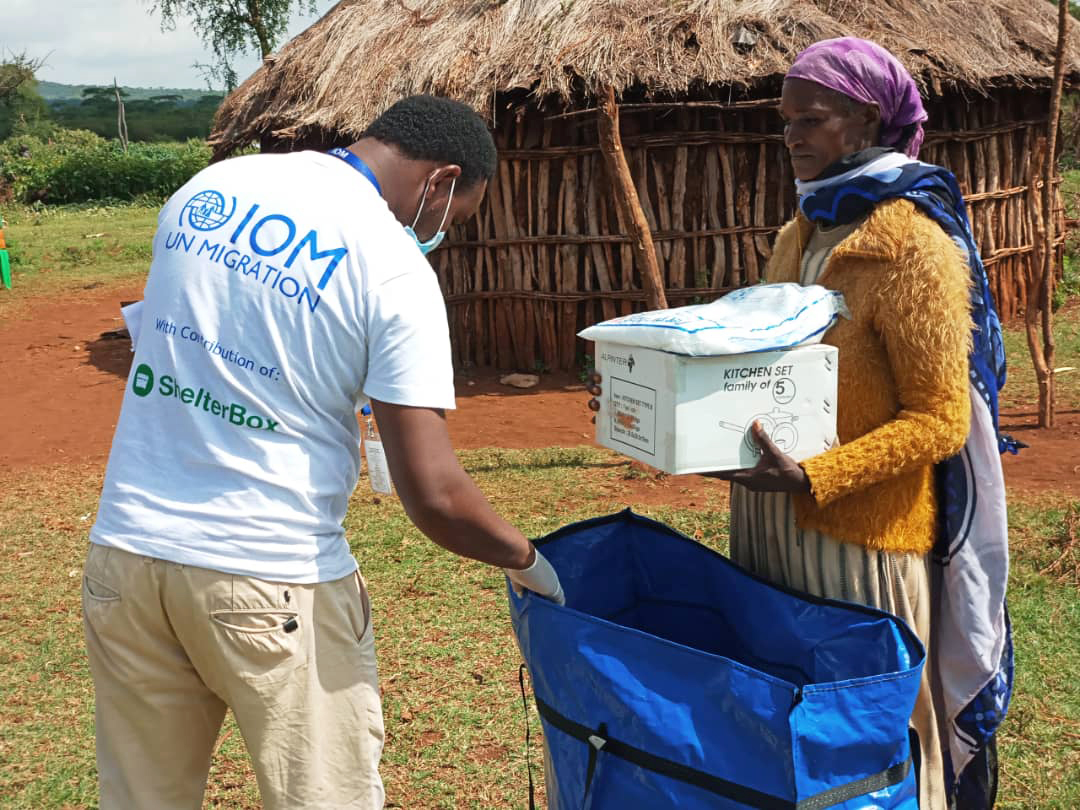
ETHIOPIA
In Ethiopia, conflict, disease outbreaks, rainfall shortages and flooding have forced people from their homes.
With the help of our partner, the International Organization for Migration (IOM), we have supported 3,500 families since May.
Due to the spread of coronavirus, the Ethiopian government has closed its borders, except for the import of essential goods, including humanitarian aid. Our latest project has supported the coronavirus country response as well as the emergency shelter displacement needs. Distributions of aid, including soap, are now complete.
Coronavirus mitigations were put in place for distributions to ensure the safety of IOM staff and the communities receiving aid.
IOM staff have used masks and disinfected all material used at distributions as well as provided handwashing stations. Our partners have also included coronavirus health and prevention messaging and banners at distributions. Finally, each distribution only allowed a maximum of 50 people, to ensure that physical distancing was being kept.
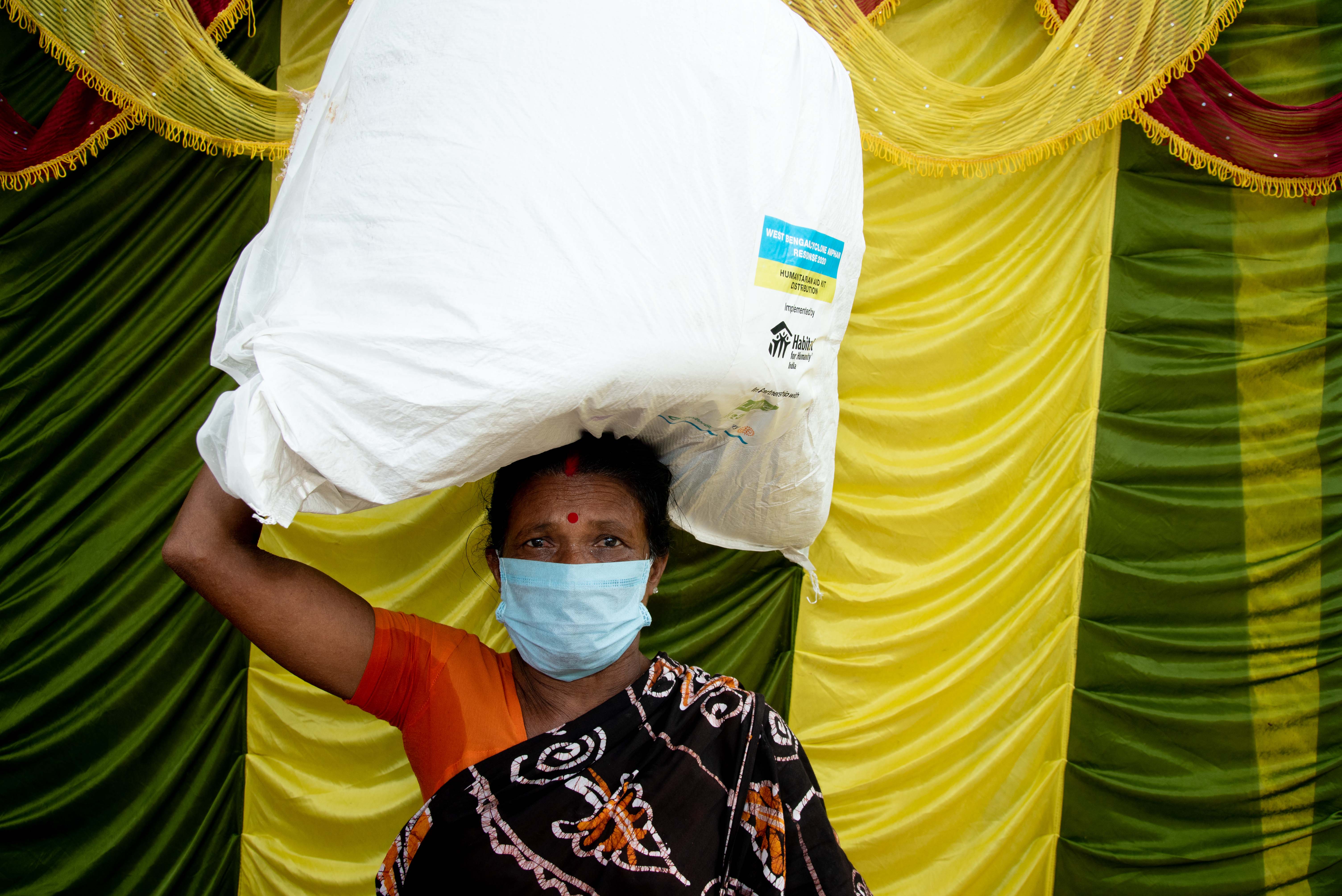
INDIA
In mid-May, Cyclone Amphan tore through coastal regions of Bangladesh and north-east India. It was the strongest tropical cyclone to strike the River Ganges Delta since 1999.
We have been working with our partner Habitat for Humanity India to support 1,400 families in the Sundarban Islands, one of the areas worst hit by Amphan.
We have provided shelter kits to enable people to repair or replace damaged and destroyed homes, as well as other items to enable people to protect themselves from coronavirus, such as soap, buckets, and face masks. Coronavirus messaging has been included in Information, Education and Communication materials, as well as training.
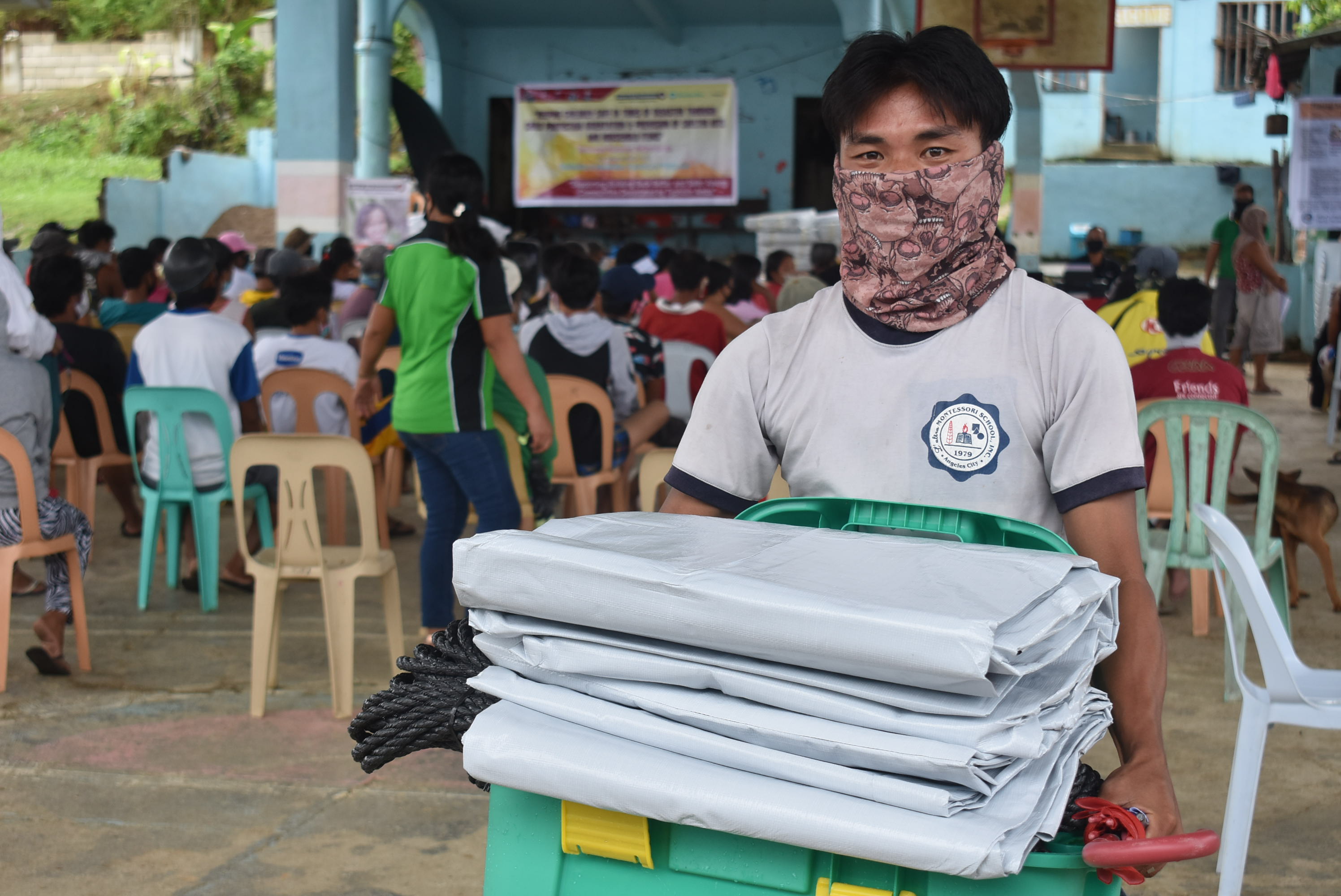
THE PHILIPPINES
In January 2020, the Taal Volcano erupted in the Philippines. Over 580,000 people were affected, with many taking temporary shelter in crowded evacuation centres or staying with loved ones.
For more than four months following the disaster, many people were not able to return home. With concerns around coronavirus growing, these families were living in cramped conditions, unable to take precautions like social distancing.
Working with YKBI (Yakap sa Kaunlaran ng Bata Inc) and with the support of local Rotary, we have provided essential items like shelter kits, tarpaulins, rope, mosquito nets and solar lights. These items will allow host families to extend the footprint of their homes, providing more space for physical distancing.
We have also sent a small number of tarpaulins, ropes and fixings to Eversley Sanitorium, a public hospital in Cebu serving the poorest and most marginalised members of the community. Our aid is being used to create extra spaces to treat patients in both emergency admissions and triage areas.
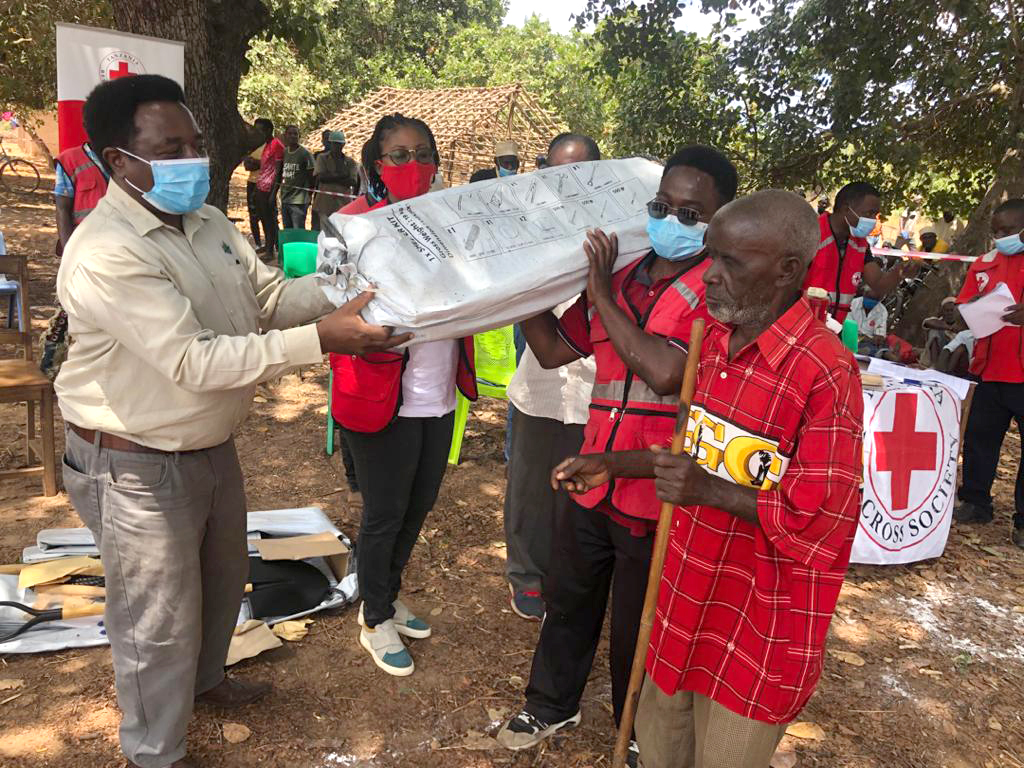
TANZANIA
Earlier this year, torrential rain caused flash flooding across the south-east regions of Tanzania.
Thousands of families saw their homes severely damaged or completely washed away and were forced to move to resettlement camps away from the flooded areas.
The flooding led to a huge need for emergency shelter, with the coronavirus pandemic making the situation worse.
Together with our partner Tanzania Red Cross Society, we have supported families in Tanzania with shelter kits and solar lights. These will help people to build sturdy homes so they can start to rebuild their lives and recover from this disaster. The aid will also help families to follow social distancing guidelines and protect themselves from coronavirus if needed.
Our partner has been working to strict measures, including allowing fewer people at distributions, along with physical distancing and setting up handwashing stations.
MORE FROM OUR CORONAVIRUS RESPONSE
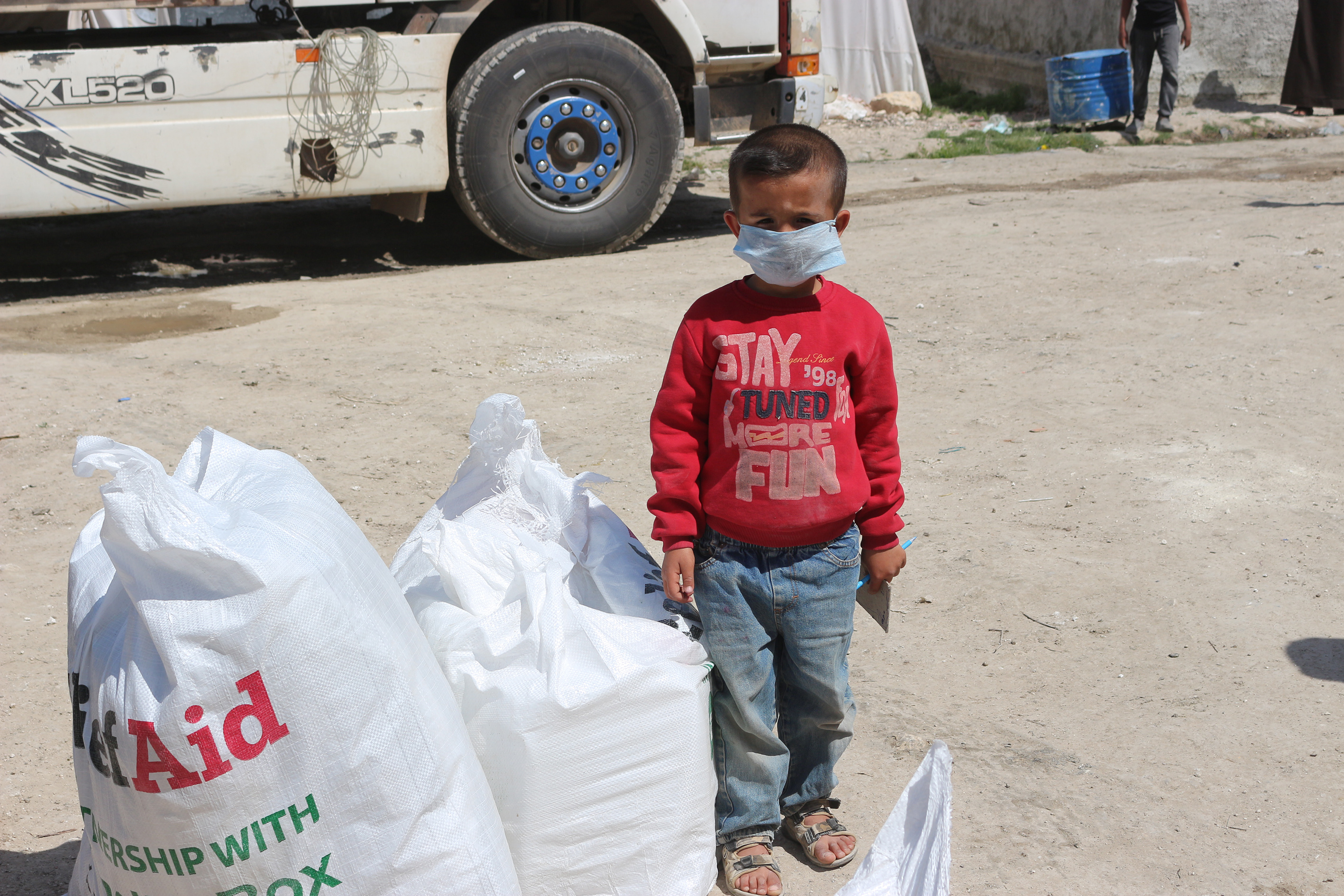
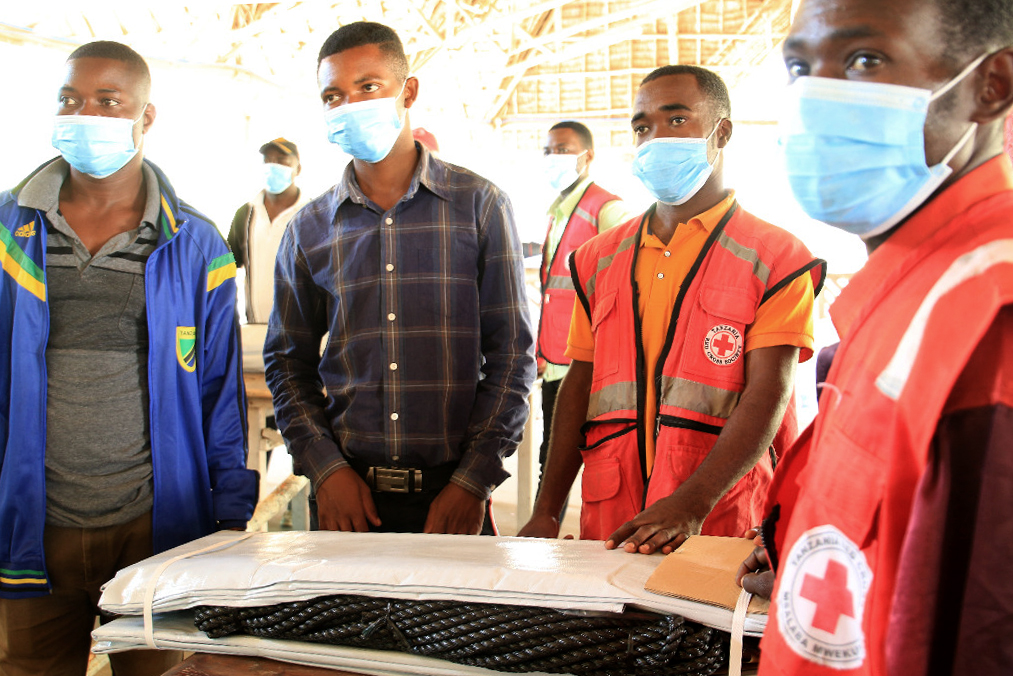
4 Things You Need to Know About Coronavirus
